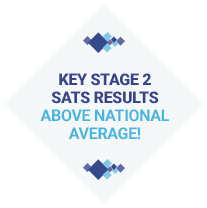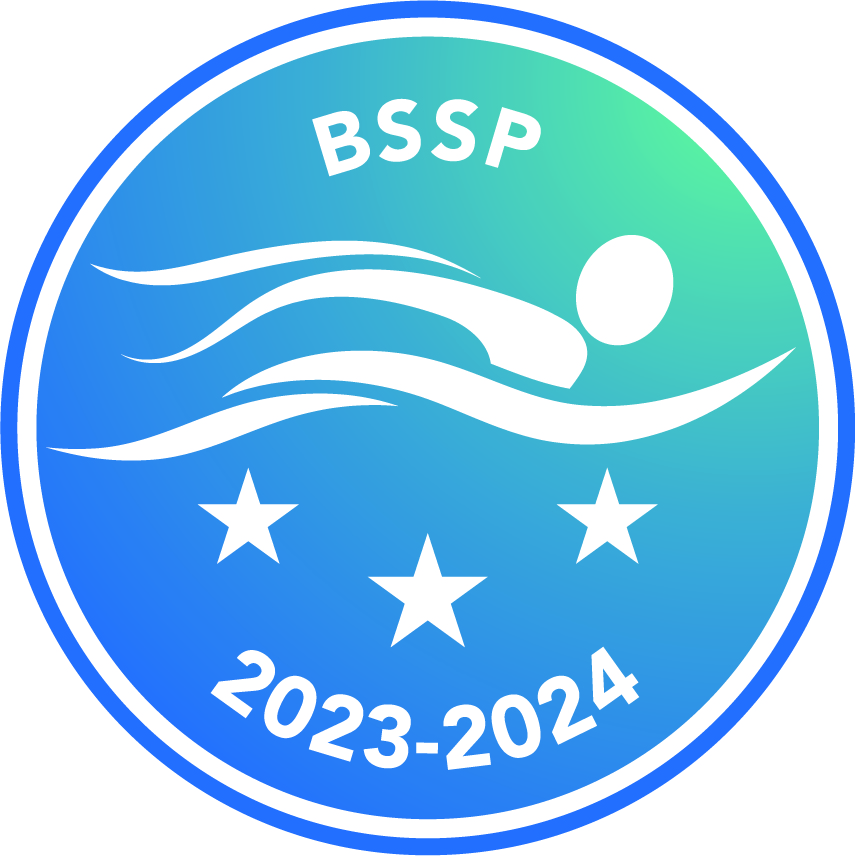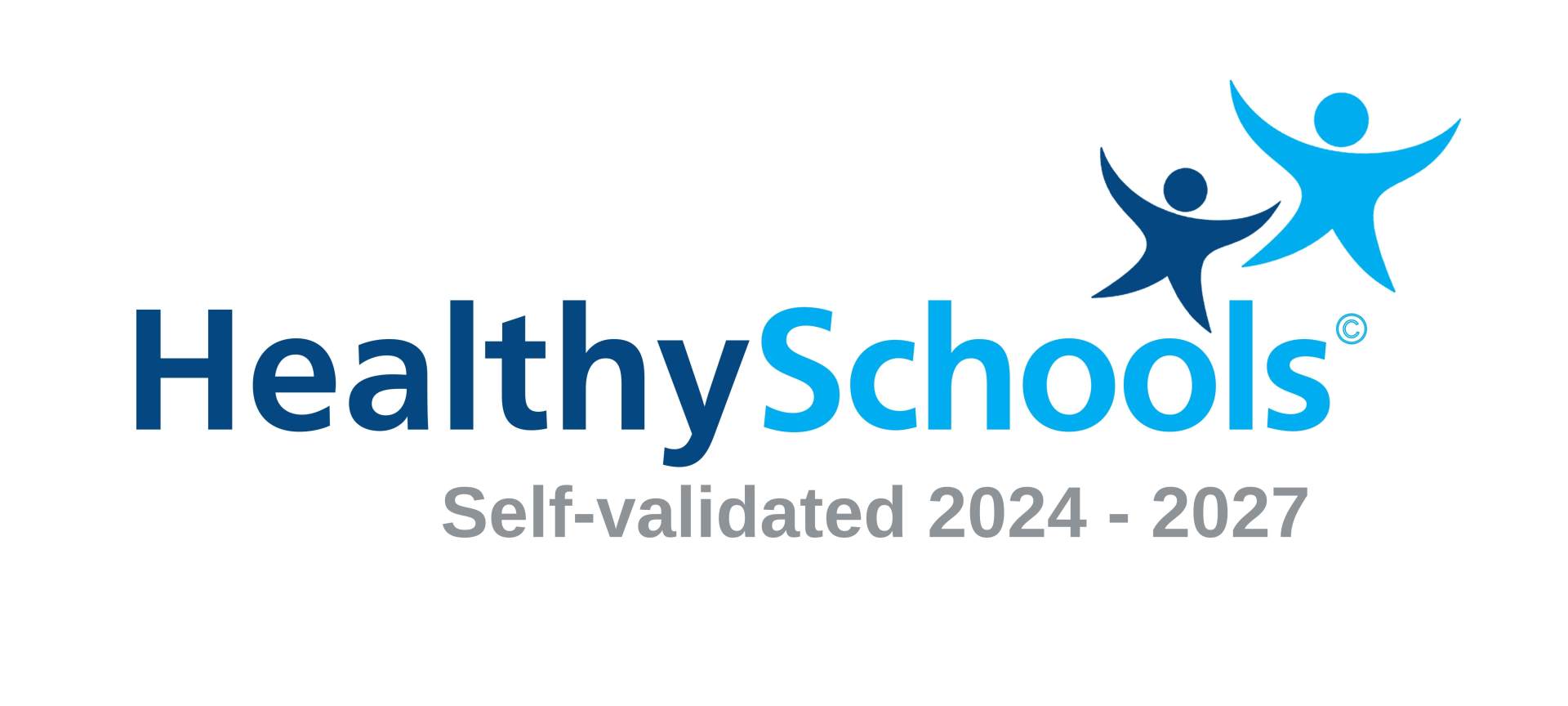Our Curriculum
Everything you need to know
Our Vision
As a community we grow to reach our full potential, securely grounded on a foundation of strongly upheld core values, care and high expectations.
We believe education is the most powerful gift - ours to give to all of those we serve.
About our curriculum
At Buckingham Primary School, our curriculum has been carefully considered to ensure children receive a broad, balanced and rich curriculum that is dedicated to widen their life experiences and equip them with progressive knowledge and skills to be effective lifelong learners with high aspirations and ambition. The curriculum incorporates the statutory requirements of the National Curriculum 2014, complies with the equality act and the SEN and Disability Regulations 2014. The curriculum at PBS is accessible for all children, including those with a disability or SEN needs. We focus on each child as a whole, ensuring that their social and emotional needs are also catered for to ensure that children are well prepared for their next stage in education and for life in modern Britain.
Our curriculum is underpinned by the principles that:
As a community, we learn together to be the very best we can. We learn from each other and our wider community, actively connecting with our local environment and members of our community.
Learning is a change to long-term memory; children experience a wide breadth of study and have, by the end of each phase (Early Years, Key Stage 1 and Key Stage 2), an ambitious body of knowledge embedding in their long-term memory.
It is designed to give all pupils, including those with SEND or different starting points, the knowledge they need to be independent learners and to be prepared for the next steps in their learning journeys.
The curriculum is rich in cultural capital. This is done by both providing experiences for the children to enrich their learning through trips, visitors and first-hand experiences, and by ensuring the curriculum content available to the children exposes them to the very best that has been thought, said and created across all subjects, preparing them to excel in future learning.
Our school curriculum-offer stretches beyond the national curriculum. In a fast-changing world, we recognise the importance of preparing our children for the workplace of 2030 and beyond, and we plan for opportunities for children to develop the ‘soft skills’ they will need for their future success, including collaboration, critical thinking and reading, creativity and creative thinking, communication, and the ability to contrast and analyse information.
Self-regulation and awareness of our own and others’ wellbeing is threaded through our provision and children are equipped with the emotional language to support themselves and others. This, our PSHE curriculum and day-to-day practice, contribute to children keeping themselves safe now and during their future teenage years.
Curriculum Aims
Ensure that all children:
Become lifelong learners
Inspired to develop a love of learning
Are ready for their next academic step
Prepared for future opportunities
Develop an awareness of social and global issues
Become well-rounded individuals
21st Century Curriculum
We are designing a curriculum that prepares students for their futures. The World Economic Forum’s Future of Jobs report states that the employment landscape as we know it is changing, with the majority of careers our children will take not yet invented and the skills required for more traditional careers changing rapidly. To support children with this changing future, our curriculum supports children in developing their skills and understanding in the following areas: soft skills, 21st Century themes, digital literacy, STEAM.
Soft Skills
These are transferable skills which will allow children to cope and succeed with the demands placed on them in future employment.
Critical thinking (analysing and evaluating)
Collaboration (working with others effectively)
Creativity (outside of the box thinking)
Communication (conveying and receiving information clearly)
Contrast (ability to compare and evaluate)
21st Century Themes
We believe schools must move beyond a focus on basic competency in traditional subjects to promoting understanding of academic content at much higher levels by weaving 21st Century themes into our curriculum.
Global Awareness (understanding world issues and the ability to understand and work with people from different backgrounds)
Civic Literacy (understanding of local and global political issues, what it means to be a good citizen)
Economic Literacy (understanding the role of the economy in society and personal life)
Health Literacy (Understanding and using available information to make appropriate health-related decisions)
Digital Literacy
Digital Literacy is the ability to understand digital information and can be split into three areas, Information Literacy, Media Literacy and ICT Literacy.
Information Literacy is the ability to find, evaluate and use information in all its various formats, in situations requiring decision making, problem solving, or the acquisition of knowledge. It is a combination of research skills, critical thinking skills, and communication skills. Information literacy is essential for success academically, in employment and as a global citizen.
Media Literacy allows us to interact with messages in a variety of forms—from print to video to social media. Media literacy builds an understanding of the role of media in society, developing the skills of inquiry and self-expression necessary to be a part in a community.
ICT Literacy is the ability to use digital devices and services effectively as a tool in education, employment and life.
STEAM
STEAM stands for Science, Technology, Engineering, Art and Mathematics. Whilst science, art, computing and maths are taught effectively at Buckingham Primary School, we are working to better combine the subjects in different ways to give the children the cross-disciplinary knowledge and skills to best access the jobs of tomorrow.
Maths
At Buckingham Primary School, we follow a TfM approach.
‘Mastering maths means pupils of all ages acquiring a deep, long-term, secure and adaptable understanding of the subject. The phrase ‘teaching for mastery’ describes the elements of classroom practice and school organisation that combine to give pupils the best chances of mastering maths. Achieving mastery means acquiring a solid enough understanding of the maths that’s been taught to enable pupils to move on to more advanced material.’
NCETM
This approach has been implemented and refined for the past five years. We use Power Maths as the basis of our maths curriculum in Years 1-6. We use NCETM’s Mastering Number as the basis of our maths curriculum in Foundation 2 and for fluency in Years 1 & 2.
We achieved results above national averages in both the End of Key Stage 1 and 2 assessments this year and maths data is strong in all other year groups.
English
At Buckingham Primary School, our aim is to foster a life-long love of language, literature and communication in all our pupils. We aim to help them leave us with a strong command of both the spoken and written word, underpinned by a passion for and appreciation of a wide variety of texts. All our children should see themselves as both readers and writers.
Reading
Reading for pleasure is at the heart of our curriculum at Buckingham Primary School. We encourage all our children (from F2 to Year 6) to access a wide range of books and other texts. We actively promote this through activities such as reading competitions, sponsored reads and book groups in school. All children at BPS are encouraged to see themselves as readers.
Children from F2 are sent home a reading scheme book every week, until they are deemed to be a competent reader (usually around Year 5). Children in F2, Y1 and Y2 are also sent home a family reading book to have read to them. Children in KS2 are able to take out a library book each week.
We teach fluency of reading using phonics. We have recently invested in training to develop fluency for children who have not mastered this in KS2, based on extensive research. We teach comprehension skills explicitly, through discussion and the VIPERS methodology.
Phonics
We follow the Time for Phonics synthetic phonics programme (SPP). We believe that the quality of resources and the ease of transition from our previously established phonics teaching make this the best option for BPS.
Writing
We want all children at BPS to see themselves as writers. To this end, all writing at BPS is underpinned by a purpose, whether this is writing in a role, writing as themselves, or writing with a particular audience in mind. Equally, our writing is inspired by the range of high-quality texts from which we plan our English lessons. We believe that every child who leaves BPS should have had exposure to as broad a range of texts as possible.
In F2 and Y1 writing is taught as discreet skills - spelling and handwriting form the transcription aspect, while discussion and role play help children develop the composition aspect of writing. From Y2 upwards, we teach writing, usually using our class text for inspiration. We teach the children to develop their composition and apply their grammatical knowledge through the use of Alan Peat’s sentence types.
Grammar is taught both discreetly, when being introduced, and contextually following initial exposure. We build upon this knowledge systematically, following the progression stated in Appendix 2 of the Primary National Curriculum.
Wider Curriculum
All subjects are taught independently and content is chosen because it is the most valuable to children.
We offer a broad and balanced curriculum; all children are taught the entire curriculum on offer. Most subjects are taught every week. History, geography, art and DT are taught weekly every other half term. We believe that all children should have the opportunity to experience the full depth of the high-quality curriculum we have available, through which tasks set are purposeful and specific to the subject.
These tasks have been inspired by the opinions of well-regarded experts in their fields, such as Mary Myatt, and inspire the thinking required of the children.
All subject curriculums are designed to allow children to recall and build upon what has been taught before and their own wider knowledge, supporting the interleaving learning technique. This is done both by lessons referencing and building upon what has been taught historically, along with the use of retrieval activities to help children retain what has been taught in their long-term memory.
Challenge and Support
At BPS, we teach all children together, having no ability ‘sets’ and having mixed ability groupings in the classroom. We believe that this allows the best outcomes for all children, both because these allow children to have the support they need in areas they struggle or thrive, and there are proven benefits for both high and low attaining children supporting each other.
Our pedagogical ethos is to have a teach-to-the-top mentality, where we plan lessons to stimulate and challenge even the most confident learners, then add layers of support until all are able to access the lesson, meaning that all pupils are either able to do the initial tasks or complete the activity in the best way for their understanding, but there is room for high challenge. When sequencing lessons, we take a ‘small steps’ approach, where content is gradually introduced in a progressive way so that all children can move through the units together, whilst offering additional challenge and support throughout the lessons through questioning, level of depth explored and adult support. There is an adage in maths communities that bigger numbers don’t mean harder problems.





